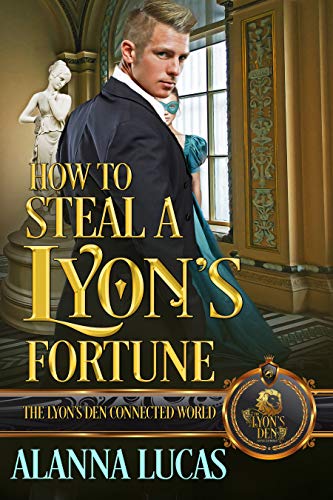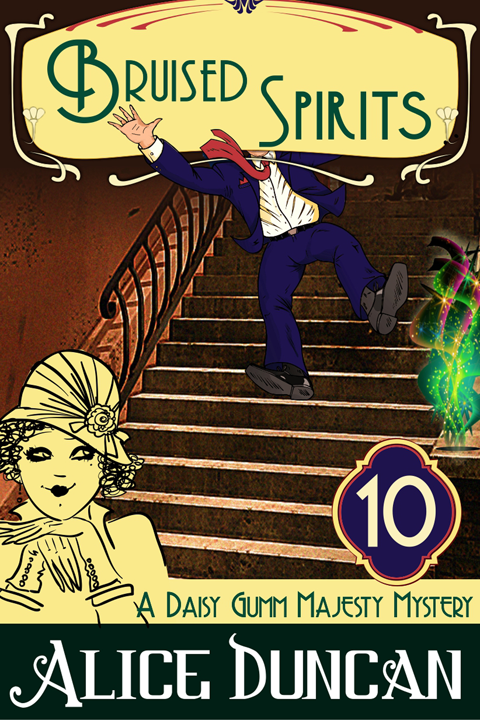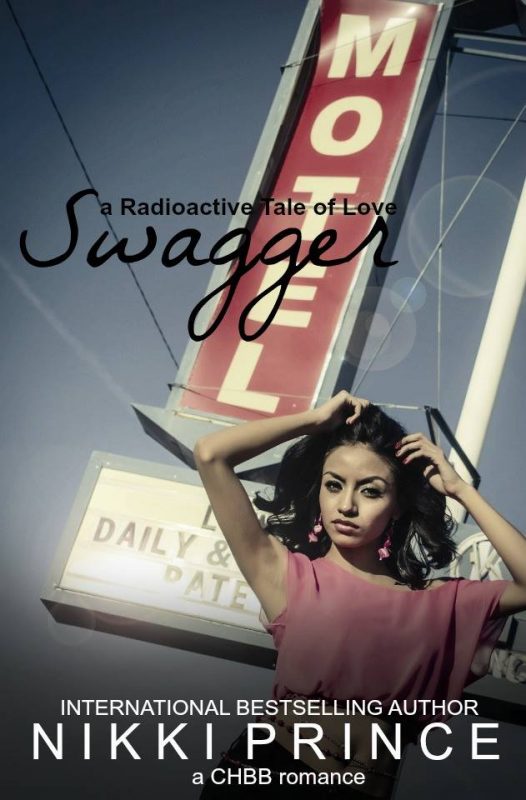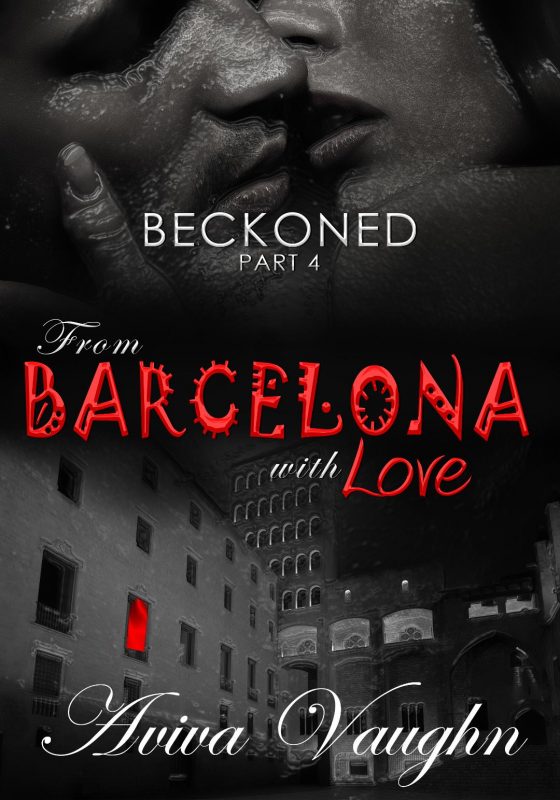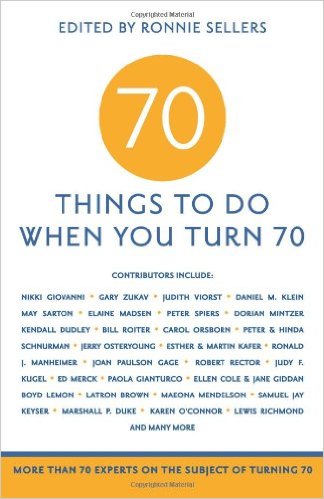The Fun of Being A Writer by Linda O. Johnston
July 6, 2019 by Linda O. Johnston in category Pets, Romance & Lots of Suspense by Linda O. Johnston tagged as dogs, Plotting, research, vacations, writing
What’s the fun of being a writer? Everything!
And part of that includes the fact that writing is always there. It becomes part of you. At least it has with me. Everything I do, everywhere I go, my writerness is part of it. And yes, that’s an unusual word although when I Googled it, other people have apparently used it, too.
I was on a cruise to Alaska last week with family and friends. It was lots of fun. We sailed near land going north, then south through the Inside Passage, visited several cities, took a few tours, and enjoyed the onboard food and entertainment. That entertainment sometimes included dogs, and you can imagine how much I liked that.
I particularly enjoyed the wildlife we saw, including young and adult bald eagles, other birds including those that flew over and sometimes dived into water like marbled murrelets, a few bears on the shoreline in the distance, some spouting whales, including humpbacks, and small breaching dolphins.
We got to wade in the water in the middle of a river—because, as you might surmise, that river wasn’t full of water.
We visited Victoria, British Columbia, Canada, and took a tour that included visiting a formerly private castle.
And, oh yes, I did some writing and editing . . . and came up with an idea for another mystery series.
Will I ever write it? Who knows? But plotting and researching it will definitely be enjoyable. Plotting is who I am, and my subconscious is always at work.
And yes, that’s part of the fun of being a writer.
~Linda
Movies
December 6, 2018 by Linda O. Johnston in category Pets, Romance & Lots of Suspense by Linda O. Johnston tagged as Hollywood, ideas, Linda O Johnston, movies, Plotting, writing
Movies
I’ve been going to a lot of movies lately. Why? Well, my husband and I now subscribe to one of those movie packages where you pay a monthly fee, and can then attend several movies a week for no additional charge. Although we’re allowed to see three, we’re mostly seeing two, and occasionally just one.
As a writer, I find that fun. I try to analyze each plot, note which ones I like and which ones I don’t. Most of them aren’t documentaries, so even if they’re supposed to be based on a true story they’re generally at least somewhat fiction.
Sometimes we just pick a show that sounds vaguely interesting, but we always hope to jump onto one that sounds a whole lot more—fun, exciting, inspirational, whatever.
And sometimes I get new ideas for my own writing from them. I’ve begun a proposal for a new mystery series which might not go anywhere, but, yes, I was inspired by movies!
I suppose that the fact I live in the Hollywood area also gives me ideas involving films, both novels and, occasionally screenplays—that I never write myself, although I’ve taken classes.
I’m wondering if the theater chains and companies that offer these multiple movies are actually making money. I hope they’re doing well enough to keep it up.
Do you go to movies? Do they inspire you to read or write?
And Happy Holidays to all of you! I’ll have a post here in early 2019. (Wow, that sounds as if it shouldn’t be happening so soon!) And when I do, I’m hoping to have some writing news to convey.
0 0 Read moreQuilting 101 with @Suzanne_Johnson June @OCCRWA Online Class #plotting
May 29, 2018 by Linda McLaughlin in category Online Classes tagged as OCC/RWA, Online Class, Plotting, Quilting 101, Suzanne JohnsonOCC/RWA Online Class:
June 11 – July 6, 2018

About the Class:
Do storyboards, sticky notes, spreadsheets and index cards give you hives? Does your manuscript wander in circles – yet you’re afraid a detailed outline will suck the heart and soul out of your writing?
All you need is a simple word-processing program to stitch together the perfect quilt of a plot to keep your novel on track and moving in the right direction – while still giving your muse room to play. We’ll use a step-by-step technique to plot a novel from start to finish, and give you a huge head-start on your first draft (and the dreaded synopsis).
This will be a working course! Bring your best idea (the one that’s been bubbling in your brain for six months) or a manuscript that’s wandering in the desert, and we’ll shape it up and get it moving. We’ll also be deconstructing one of my own novels as part of this class as well as using examples from a variety of books in different genres.

About the Instructor:
Suzanne Johnson is the author of more than twenty published works, including the award-winning Sentinels of New Orleans urban fantasy series, of which book six, FRENCHMEN STREET, will be out on July 17. Writing as Susannah Sandlin, she is author of the Amazon top-selling Penton Legacy paranormal romance series, as well as The Collectors and the Wilds of the Bayou, both romantic suspense series. A displaced New Orleanian, she currently lives in Auburn, Alabama. Suzanne loves SEC football, fried gator on a stick, New Orleans, all things Cajun, and (hangs head) reality TV. She writes full-time along with running her own developmental and copy-editing business and dabbling in mixed-media art.
For more information about Suzanne, please visit her website: http://www.suzannejohnsonauthor.com/. Click on the “Newsletter” tab for updates, release news, sneak peeks and special giveaways: http://suzannejohnsonauthor.com/newsletter.
Enrollment Information
This is a 4-week online course that uses email and Groups.io. The class is open to anyone wishing to participate. The cost is $30.00 per person or, if you are a member of OCCRWA, $20.00 per person.
For more information, check the class page at the OCC/RWA website: http://occrwa.org/classes/june-online-class/
Note: I took Suzanne’s class on Monster Revisions last year and can personally attest that she’s a wonderful teacher, and yes, the class was a working course.
Linda McLaughlin
OCC/RWA Online Class Coordinator
Plotter vs Pantser – Who are you?
August 4, 2015 by Marianne H. Donley in category Archives tagged as Elizabeth Scott, Plotting, writing lifeAre you a plotter? One who fills up twenty or thirty pages, sometimes more, with scenes, settings, motivation, goals, conflict and character profiles before you can sit down and write the first chapter?
Or are you a pantser? Someone who gets an idea, makes a short list of ideas on one page and then sits down and starts to write, letting the story tell itself and unfold before your very eyes?
Some of you already know you’re a plotter and you follow a strict routine that helps you write pages and pages without too much trouble. While a synopsis is great for getting an editor or publisher to gain interest in your story, it can also be a great tool as a guide for your manuscript. It’s much shorter than the thirty to fifty pages of story plotting but with less detail. Some writers need more and some less, but whatever method you use, it has to be right for you or you’ll never finish any story. You’ll try many different methods before finding a style of writing that’s a perfect fit and will carry you through many manuscripts. I tried many many plotting methods in my search for a writing system that fit me.
A pantser, like some writers I know, still has some idea of the beginning, middle, and the end of the story to be able to tell it. I think most writer’s fall into one of these categories but many don’t. I fall somewhere in between where my plotting is kept to a minimum of one to two pages. I also write my synopsis as I go, working out some of the characters’ external conflicts as my characters interact.
Writers are creative, unique individuals who will find what works for them and employ whatever means they need to make it happen. A muse is all and good and well, but a beginning writer has no idea what that is. Or even which genre their writing style falls into. So we read everything we can in many genres. For example, we read dozens of books on craft, we attend multitudes of workshops and online classes, sometimes so many that we lose count, and we fill small notebooks with our notes. Only to find that where we fit isn’t such a great mystery.
So we write, and we write, and we keep on writing. Because with every page we pen, every character we bring to life on the page, every heart we tug on, our writing becomes stronger, better. All of this is done with the purpose of finishing a novel someone will read and enjoy, and maybe even recommend.
A novel that will be critiqued and revised many times over. A novel that will change with every revision, every re-write, and every idea that pops into your head. A novel that will eventually make it to an editor or publisher’s desk and then most likely go through more revisions and re-writes, regardless of whether you’re a plotter or a pantser.
That’s not to say your story isn’t good, only that it can be better. Just like a good critique partner can help your story in it’s beginning stages, a good editor can help you polish your manuscript before it’s ready for publication. As long as people change, their tastes in books change. That means the industry is constantly changing. Editors and publishing needs will change to keep up with current trends and the only way for an author to survive against the millions of books competing with theirs, is to write the best book they can – straight from the heart. So whether you’re a plotter or a pantser, whether you’re new to the world of writing or have written thirty books or more, you’ll never stop learning. Because when it comes down to it, we all want our romance book to take the reader on an emotional trip through our characters. To feel the rush of falling in love all over again.
So plot to your hearts content, or pants the story of your heart, because in this complicated time our world is in, everyone wants and needs some spiritual uplifting and lots of happily ever afters.
Elizabeth Scott
OCC/RWA
V.P. Programs
Facilities Coord.
Breaking Things Down Into Threes
June 26, 2011 by Marianne H. Donley in category Archives tagged as Beth Daniels, Online Class, pantsers, plotters, PlottingWith Beth Daniels aka Beth Henderson, J.B. Dane
About the Class:
Plots require organization – even those written by Pantsers. Why? Because all storytelling requires a flow, a smooth transition from one scene to the next. Getting it doesn’t require an outline though. All it requires is a system. A system of breaking everything down into thirds.
Three is a magic number. It’s used in art, music, interior design, and in literature. After all, doesn’t every story have a Beginning, a Middle, and an End? Three things.
But we need to go further. Need to section the various elements of our storylines into smaller and smaller divisions of three. Many have already have done this in writing essays at school, or in a public speaking class. Opening either a essay or a speech by telling the audience
- here’s what has occurred before and what we need to change,
- here is how we can change it or why we should change it, and
- the problem is this because of this and that and we need to do this to correct it.
Storylines in fiction do exactly the same thing, they simply use characterization, action and reaction to move along. Scenes can be broken down into threes; chapters can; POVs can. And in thinking by threes to create each tale, each element of a tale, story flow results.
Participants should have a work in progress, but it can be in any state of development – thinking about, early chapters, middle, or heading toward the conclusion. Thinking by threes works at any level, including editing. It can also help identify things that aren’t really needed in the book, the sort of things editors delete.
This class is for writers at any point in their writing career from unpublished to midlist.
About the Instructor:
Beth Daniels currently writes as Beth Henderson and J.B. Dane, though she answered to Lisa Dane and Beth Cruise in the past as well. She has worked with editors at Berkley, Zebra, Leisure, Harlequin/Silhouette, and Simon and Schuster’s Aladdin Paperbacks, done e-books for a now defunct company (not her fault, she says), and began her writing life with hardcover books slated for library use with a publisher that got out of the romance business (again, not her fault). More recently she’s had a number of articles about writing picked up by e-zines, saw a short story published in a mystery and suspense magazine that turned up its toes the next year (really, really not her fault), and has a story in the MOTHER GOOSE IS DEAD anthology slated for publication by Dragon Moon Press in 2011.
For over a dozen years Beth taught college level composition, both in the classroom and online, and a credit course on Novel Writing. Twenty-six of Beth’s manuscripts have appeared in print or e-book format, and in 12 different languages in over 20 countries. At the moment she is working on various manuscripts, some fiction, some non-fiction but related to writing.
She is a member of Romance Writers of America, and an active member and volunteer with the Kiss of Death Online romantic suspense chapter, and a fixture at SavvyAuthors.com.
Website: www.RomanceAndMystery.com
Breaking Things Down into Threes with Beth Daniels aka Beth Henderson, J.B. Dane
Date: July 11 – August 6, 2011 this is a four week class
Cost: $20 for OCC members, $30 for non-OCC members
Enrollment Information: http://www.occrwa.org/onlineclassJuly11.html
Enrollment Deadline: July 9, 2011
If you have specific questions, email occrwaonlineclass@yahoo.com
*******************************
Upcoming classes:
August 15 – August 28, 2011
Writing from the Male Point of View to Create Stronger Heroes with Sascha Illyvich
September 12 – October 8, 2011
Show and Tell: An Interactive Workshop with Shannon Donnelly
Check out our full list of workshops. http://www.occrwa.org/onlineclasses.html
Want to be notified personally two weeks before each class? Be sure you’re
signed up for our Online Class Notices Yahoo Group! Sign up at the bottom of http://www.occrwa.org/onlineclasses.html or send a blank email to OCCRWAOnlineClassNotices-subscribe@yahoogroups.com
********** permission to forward **********
0 0 Read moreAffiliate Links
A Slice of Orange is an affiliate with some of the booksellers listed on this website, including Barnes & Nobel, Books A Million, iBooks, Kobo, and Smashwords. This means A Slice of Orange may earn a small advertising fee from sales made through the links used on this website. There are reminders of these affiliate links on the pages for individual books.
Search A Slice of Orange
Find a Column
Archives
Featured Books
HOW TO STEAL A LYON’S FORTUNE
When it comes to stealing a Lyon's fortune, it takes two to right a wrong.
More info →BRUISED SPIRITS
It's 1924 and Daisy Gumm bands with friends to help Lily Bannister, whose abusive husband nearly killed her.
More info →BECKONED, PART 4: FROM BARCELONA WITH LOVE
It was never going to be easy.
More info →70 THINGS TO DO WHEN YOU TURN 70
70 Things to Do When You Turn 70 celebrates the opportunities to have meaningful and fulfilling lives at 70 and beyond.
More info →Newsletter
Contributing Authors
Search A Slice of Orange
Find a Column
Archives
Authors in the Bookstore
- A. E. Decker
- A. J. Scudiere
- A.J. Sidransky
- Abby Collette
- Alanna Lucus
- Albert Marrin
- Alice Duncan
- Alina K. Field
- Alison Green Myers
- Andi Lawrencovna
- Andrew C Raiford
- Angela Pryce
- Aviva Vaughn
- Barbara Ankrum
- Bethlehem Writers Group, LLC
- Carol L. Wright
- Celeste Barclay
- Christina Alexandra
- Christopher D. Ochs
- Claire Davon
- Claire Naden
- Courtnee Turner Hoyle
- Courtney Annicchiarico
- D. Lieber
- Daniel V. Meier Jr.
- Debra Dixon
- Debra H. Goldstein
- Debra Holland
- Dee Ann Palmer
- Denise M. Colby
- Diane Benefiel
- Diane Sismour
- Dianna Sinovic
- DT Krippene
- E.B. Dawson
- Emilie Dallaire
- Emily Brightwell
- Emily PW Murphy
- Fae Rowen
- Faith L. Justice
- Frances Amati
- Geralyn Corcillo
- Glynnis Campbell
- Greg Jolley
- H. O. Charles
- Jaclyn Roché
- Jacqueline Diamond
- Janet Lynn and Will Zeilinger
- Jaya Mehta
- Jeff Baird
- Jenna Barwin
- Jenne Kern
- Jennifer D. Bokal
- Jennifer Lyon
- Jerome W. McFadden
- Jill Piscitello
- Jina Bacarr
- Jo A. Hiestand
- Jodi Bogert
- Jolina Petersheim
- Jonathan Maberry
- Joy Allyson
- Judy Duarte
- Justin Murphy
- Justine Davis
- Kat Martin
- Kidd Wadsworth
- Kitty Bucholtz
- Kristy Tate
- Larry Deibert
- Larry Hamilton
- Laura Drake
- Laurie Stevens
- Leslie Knowles
- Li-Ying Lundquist
- Linda Carroll-Bradd
- Linda Lappin
- Linda McLaughlin
- Linda O. Johnston
- Lisa Preston
- Lolo Paige
- Loran Holt
- Lynette M. Burrows
- Lyssa Kay Adams
- Madeline Ash
- Margarita Engle
- Marguerite Quantaine
- Marianne H. Donley
- Mary Castillo
- Maureen Klovers
- Megan Haskell
- Melanie Waterbury
- Melisa Rivero
- Melissa Chambers
- Melodie Winawer
- Meriam Wilhelm
- Mikel J. Wilson
- Mindy Neff
- Monica McCabe
- Nancy Brashear
- Neetu Malik
- Nikki Prince
- Once Upon Anthologies
- Paula Gail Benson
- Penny Reid
- Peter Barbour
- Priscilla Oliveras
- R. H. Kohno
- Rachel Hailey
- Ralph Hieb
- Ramcy Diek
- Ransom Stephens
- Rebecca Forster
- Renae Wrich
- Roxy Matthews
- Ryder Hunte Clancy
- Sally Paradysz
- Sheila Colón-Bagley
- Simone de Muñoz
- Sophie Barnes
- Susan Kaye Quinn
- Susan Lynn Meyer
- Susan Squires
- T. D. Fox
- Tara C. Allred
- Tara Lain
- Tari Lynn Jewett
- Terri Osburn
- Tracy Reed
- Vera Jane Cook
- Vicki Crum
- Writing Something Romantic
Affiliate Links
A Slice of Orange is an affiliate with some of the booksellers listed on this website, including Barnes & Nobel, Books A Million, iBooks, Kobo, and Smashwords. This means A Slice of Orange may earn a small advertising fee from sales made through the links used on this website. There are reminders of these affiliate links on the pages for individual books.



